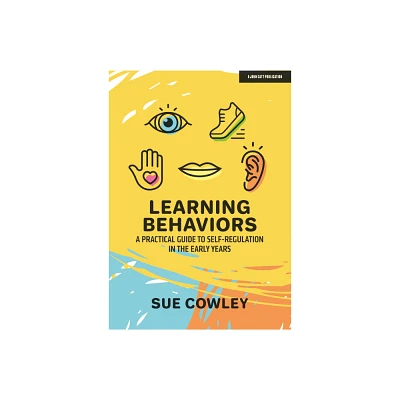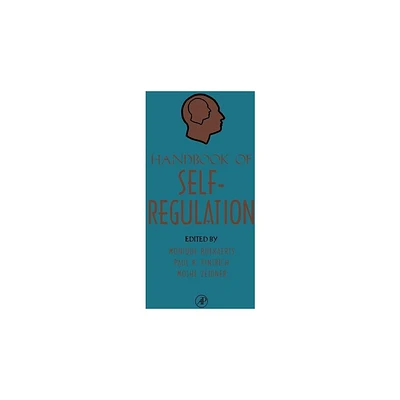Home
Nurturing Self-Regulation Early Childhood: Adopting an Ethos and Approach
Loading Inventory...
Barnes and Noble
Nurturing Self-Regulation Early Childhood: Adopting an Ethos and Approach
Current price: $180.00


Barnes and Noble
Nurturing Self-Regulation Early Childhood: Adopting an Ethos and Approach
Current price: $180.00
Loading Inventory...
Size: Hardcover
*Product Information may vary - to confirm product availability, pricing, and additional information please contact Barnes and Noble
Nurturing Self-Regulation in Early Childhood
explores how young children develop self-regulation and offers practical guidance on helping them to manage their feelings and behaviour. It considers the skills, attitudes and dispositions children need to be able to self-regulate and how their wellbeing and self-esteem can affect their ability to do this.
Grimmer and Geens show how schools and settings can adopt an ethos where self-regulation permeates their whole provision. Considering the broad and multifaceted nature of self-regulation and how this key area of development shapes children and their learning, the chapters cover:
developing empathy
emotion coaching
the practitioner as a co-regulator
executive function and the sense of self and wellbeing
international approaches to promoting self-regulation
the role of the adult and environment in encouraging skills for self-regulation
working effectively with parents and carers to ensure a consistent approach
With a focus on developmentally appropriate expectations, this book is essential reading for all early childhood educators who want to develop their understanding of self-regulation and embrace an approach that underpins their practice and changes children’s lives.
explores how young children develop self-regulation and offers practical guidance on helping them to manage their feelings and behaviour. It considers the skills, attitudes and dispositions children need to be able to self-regulate and how their wellbeing and self-esteem can affect their ability to do this.
Grimmer and Geens show how schools and settings can adopt an ethos where self-regulation permeates their whole provision. Considering the broad and multifaceted nature of self-regulation and how this key area of development shapes children and their learning, the chapters cover:
developing empathy
emotion coaching
the practitioner as a co-regulator
executive function and the sense of self and wellbeing
international approaches to promoting self-regulation
the role of the adult and environment in encouraging skills for self-regulation
working effectively with parents and carers to ensure a consistent approach
With a focus on developmentally appropriate expectations, this book is essential reading for all early childhood educators who want to develop their understanding of self-regulation and embrace an approach that underpins their practice and changes children’s lives.


















